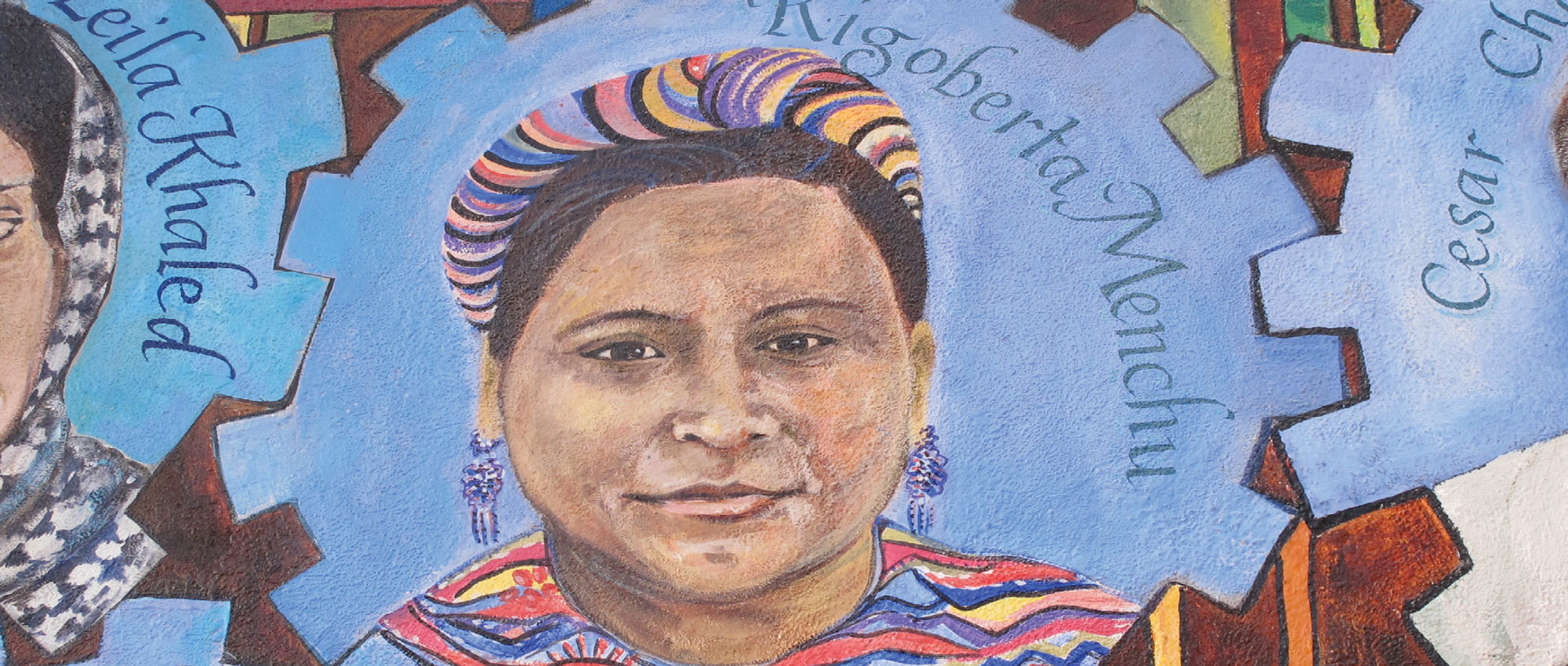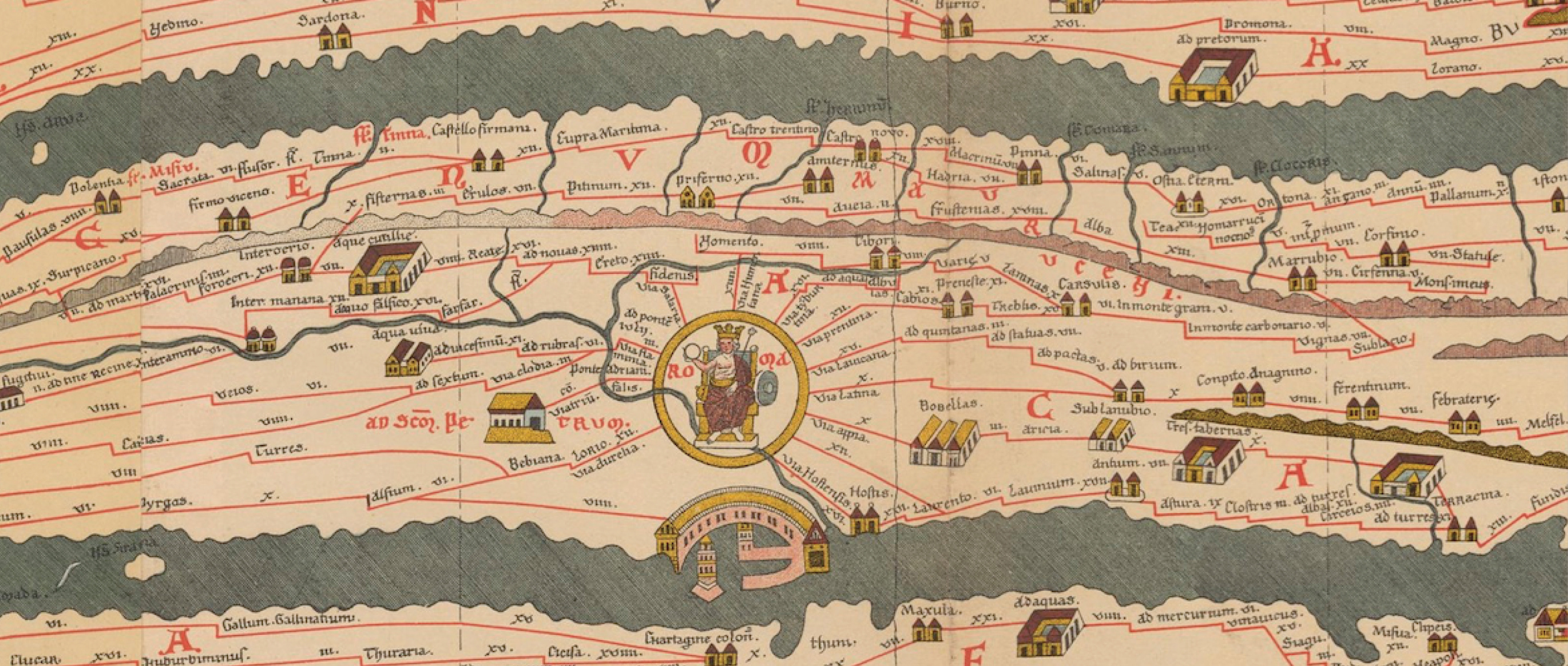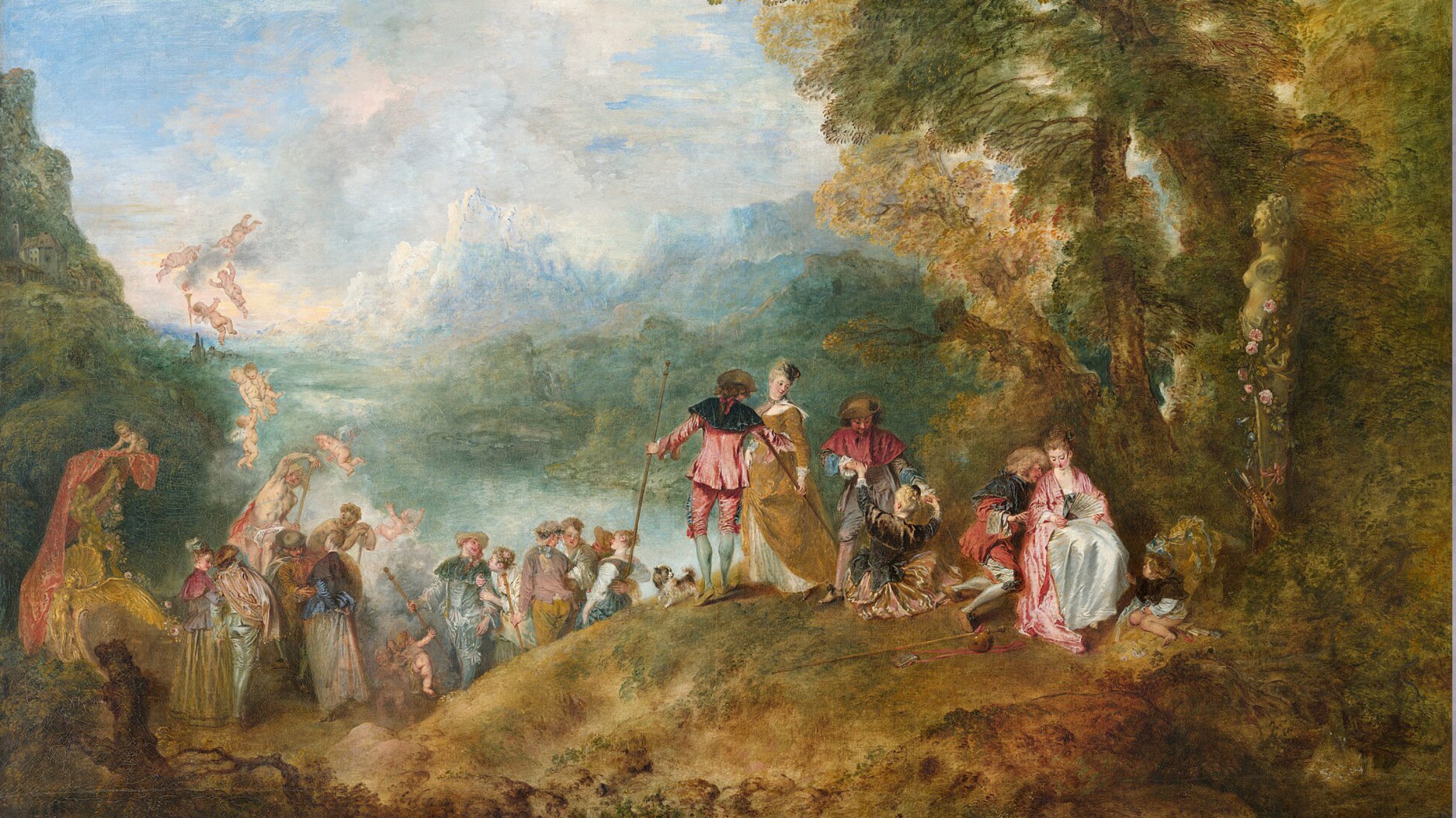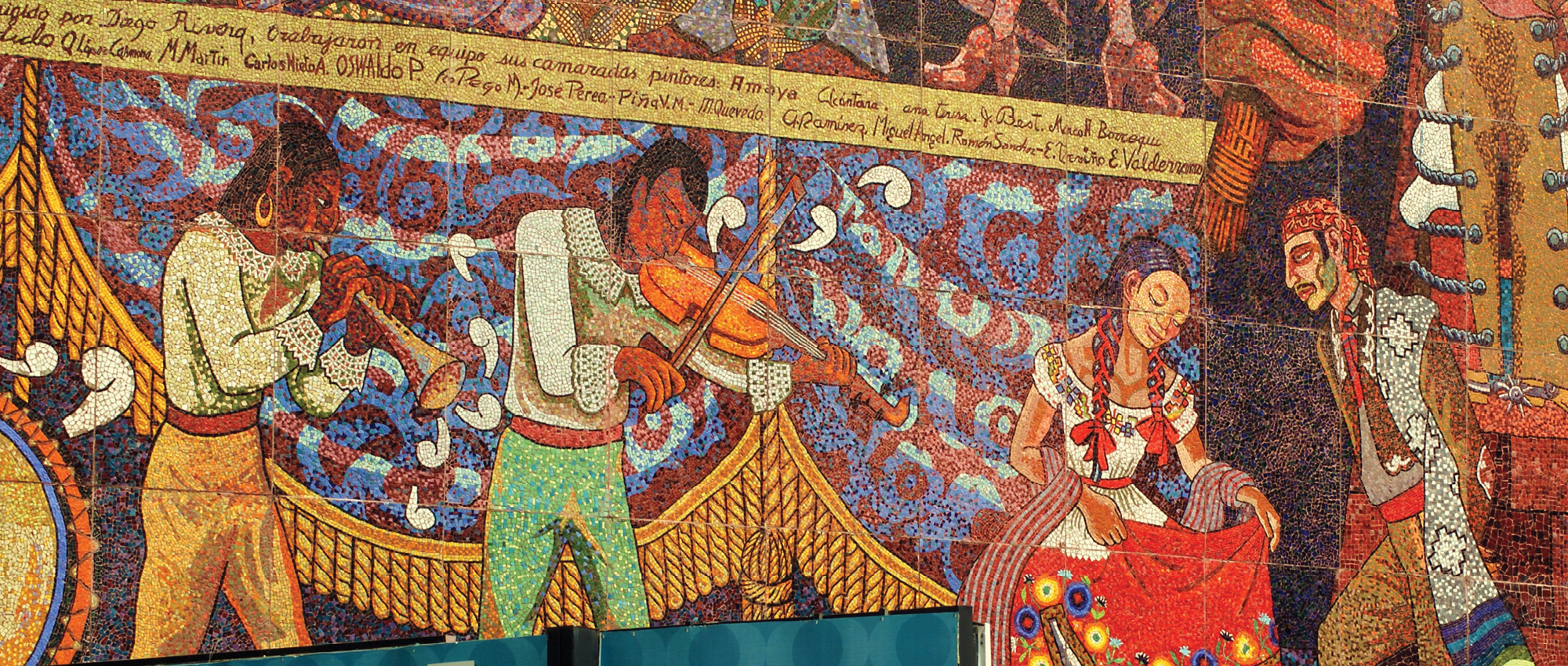2021 | Translated by Patrick Moran
This is a new Modern French translation by Dr. Patrick Moran of the early 13th-century Old French romance La Mort le roi Artu, which contains an introduction and notes. It is published by La Librairie Droz (Geneva, Switzerland) and is based on the classic 1936 edition by Jean Frappier.
La Mort le roi Artu offers one of the most famous medieval accounts of the death of King Arthur and the fall of the Round Table. Written anonymously in Northern or Eastern France c. 1210-1220, it inspired European literature throughout the Middle Ages and was a huge influence on English retellings (particularly Thomas Malory’s Morte Darthur).
Full description:
La Mort le Roi Artu depicts an Arthurian world on the edge of the precipice, where envy and resentment jeopardize traditional chivalrous values, where the forbidden love of Queen Guinevere and Lancelot du Lac risks being revealed at any time and destroying the fragile balance of the court. The last part of the Lancelot-Graal cycle, copied endlessly until the 15th century before being printed many times during the Renaissance, this anonymous novel constitutes the richest and most complex version of the fall of Arthur’s kingdom, through a choral story where the heroes of yesteryear fall prey to their own desires and the whims of Fortune. Here we find the critical Lachmannian edition of Jean Frappier, with a new and very successful translation by Patrick Moran.
Narconarrativas de América Latina
Instructor: Jon Beasley-Murray
Language of instruction: Spanish
Este curso examinará las narrativas asociadas con el narcotráfico y la llamada “guerra” en contra de las drogas en América Latina, sobre todo en Colombia y México. Aprovecharemos de la oportunidad para estudiar la relación entre narrativa y el mercado, representación y violencia, y la práctica de lectura e intoxicación. Partimos de la hipótesis de una paradoja: mientras que, por un lado, el tráfico en contrabando y su violencia (o contra-violencia) constituyen un reto para las técnicas de la representación, por otro lado hay una resonancia o semejanza rara entre estos flujos de drogas y la práctica literaria. Las narconarrativas son sumamente anti-literarias pero a la vez revelan alguna esencia de la literatura en sí.
Indigeneidad: La identidad indígena en la literatura y la cultura latinoamericanas (siglos XVI-XXI)
Source: Flickr - Gary Stevens
¿Cómo se han representado y autorrepresentado los pueblos indígenas a través de la historia cultural de América Latina?
¿Qué estereotipos siguen vigentes y de dónde vienen?
Los pueblos indígenas ocupan sin duda un lugar primordial, aunque no siempre reconocido, en lo que hoy se considera como América Latina. El propósito de este curso consiste precisamente en explorar cómo los pueblos indígenas han sido representados y autorrepresentados en la cultura latinoamericana, desde la época precolombina hasta nuestros días. Por lo tanto, con un enfoque particular en el periodo colonial, examinaremos una gran variedad de obras escritas y audiovisuales (canciones, crónicas, películas, poemas, testimonios, etc.) creadas por o sobre los autóctonos antes, durante y después de la colonización española. En este proceso reflexionaremos sobre conceptos relevantes, como la identidad, la raza/etnicidad, el esencialismo, los derechos humanos, la resistencia y la decolonialidad, entre otros. Además, para analizar el material seleccionado, recurriremos a textos crítico-teóricos pertinentes. Dentro de este contexto, estableceremos conexiones con otros grupos étnicos de América Latina (los mestizos, afrodescendientes, criollos, etc.) y la situación global actual.
Todos los textos serán en español (si este no es el idioma original de la obra, se proveerá una traducción) y estarán disponibles en Canvas.
Lecturas obligatorias:
- Angueira, Myriam. Newen
- Bastidas, Micaela. Selección de cartas
- Bolívar, Simón. Discurso de Angostura y Carta de Jamaica
- Burgos-Debray, Elizabeth (y Rigoberta Menchú). Me llamo Rigoberta Menchú y así me nació la conciencia
- Calfuqueo, Sebastián. Mapu Kufüll / Mariscos terrestres
- Castillo, Bernal Díaz del. Historia verdadera de la conquista de la Nueva España
- Condorcanqui Noguer, José Gabriel. Relación histórica
- Guerra, Ciro. El abrazo de la serpiente
- Jerez, Francisco de. Verdadera historia de la conquista del Perú
- Palafox Herranz, Teófila et al., La vida de una familia ikoots
- Rivera Cusicanqui, Silvia. Ch’ixinakax utxiwa: una reflexión sobre prácticas y discursos descolonizadores
- Sahagún, Bernardino de. Códice Florentino
- Selección de música contemporánea producida por indígenas (Uchpa, Nación Rap, etc.)
- Selección de poesía contemporánea producida por indígenas (Briceida Cuevas Cob, Leonel Lienlaf, etc.)
- Yupanqui, Titu Cusi. Instrucción al Licenciado Lope García de Castro
Prerequisites: SPAN 221; and SPAN 301 or equivalent expertise in written and spoken Spanish.
Language of instruction: Spanish
History of the Spanish Language
Why does Spanish only have five vocalic sounds? Where does the form “vos” used in Argentina come from? Which Spanish words come from Arabic, and Indigenous languages and why? Do you really think that people in Spain pronounce the “z” as “th” because a former king had a lisp? Why and which are the differences between Caribbean Spanish and the Spanish spoken in the Andes? Do you know the basic Internet slang in Spanish? Learning about the past of Spanish is one of the best ways to understand how it works today and be fully aware of its possibilities.
This course introduces students to the History of the Spanish Language from the Latin origins to the present by focusing on four critical moments of change: when it first became an administrative language (13th century), an imperial (16th and 17th centuries), an institutionalized (18th century) and, finally, a “digital” one (20th and 21st centuries). We will engage with the external history (i.e. historical events, cultural contexts) and the internal developments of Spanish (i.e., the evolution of the sibilant phonetic system, dialectal variations in Spain and America) in order to apply this knowledge to practical exercises and to analyze different texts (historical, publicity, songs…). A metalinguistic reflection on why and how languages evolve, as well as the study of the main concepts (i.e., synchrony/diachrony, grammaticalization, neologism) and theories to explain linguistic change (language contact and transfer, standardization, social prestige…) will be also a part of the learning experience.
Language of instruction: Spanish
Recommended prerequisites: SPAN 302 or equivalent expertise in written and spoken Spanish
Expand all
|
Collapse all
Final Project 30%
Abstract and Bibliography Final Project 5%
Midterm Exam 20%
Preparation and Participation 15%
Article Presentation 10%
Report 10%
Mini-homework (4 x 2.5) 10%
This course prioritizes student accessibility, voice, language proficiency, and autonomy. All course materials will be freely accessible to students via Canvas, either as PDFs within weekly modules or through direct links to resources in the UBC library.
Cultures of the Francophone World
FREN 442 introduces students to Francophone communities that are often less visible or have been traditionally marginalized in the academic curriculum. Geographically this may include communities from Africa, the Americas, East Asia, Europe, the Indian Ocean, the Middle East, and the Pacific. We will analyze a variety of materials (fictional and non-fictional texts, art, comics, music, documentaries) to get insights into the historical, linguistic, and social specificities of these regions.
This course will also explore the inherent ambivalence of La Francophonie – a political institution that connotes not only diversity but also colonial history – in order to encourage critical reflection on the role of French and France in a global context. Moreover, students will study some of the main key concepts related to French imperialism; analyze colonial and postcolonial discourses and have the occasion to exchange with visiting speakers from Francophone regions. The course also includes out-of-class activities. Class will be conducted in French.
Prerequisites: One of FREN 321, FREN 328, FREN 329 and one of FREN 402, FREN 225.
Language of instruction: French
History of the Romance Languages
Tabula Peutingeriana, 1-4th century CE. Facsimile edition by Konrad Miller, 1887/1888
This course is an introduction to the historical description and linguistic comparison of Romance languages, from the variants of late-Antiquity spoken Latin to the modern varieties of Romance languages. On the one hand, it offers an overview of the external history of Romance languages, in order to understand how they have spread to constitute today one of the most prevalent linguistic families in the world by number of speakers and geographic area. On the other hand, the course will focus on the internal history of Romance languages (phonetics and phonology, morphology, syntax and lexicon). This part of the course will be interactive and based on numerous exercises, in class and at home, that will allow the students to explore more precisely the different variations of the Romance languages and to examine the oldest texts preserved. Emphasis will be on French, Italian, Portuguese and Spanish, but many other languages will be discussed throughout the course.
All discussions and all work submitted in this course will be in English.
A beginner’s knowledge (A1) in at least one of the Romance languages is highly recommended.
You do NOT have to be native speakers nor master several Romance Languages to be able to follow this course!
Language of Instruction: English
Instructor: Dr. Anne Salamon
Prerequisite: A beginners’ knowledge (A1) in at least of one of the Romance languages is highly recommended.
Expand all
|
Collapse all
Classroom Community = 5%
Review quizzes = 20%
Two In-class two-steps exams = 20 (15+5)+20 (15+5)%
Group project = 15%
Final project = 20%
French Literature since the Revolution
Verdun by Félix Vallotton (1917).
France endured profound crises during the twentieth century, with the two World Wars scarring its society to its core. From the cultural ebullience of 1913 to the selective amnesia that followed the German occupation, the country would be transformed beyond recognition by its victories and defeats, its resistance and compromises. We will explore not only how literature would reflect these transformations but how it impacted the French worldview at every turn.
Some important topics we will cover include: the growing roles of speed and technology in war and art; testimonies from the common soldiers on the frontlines; intellectual resistance to and collaboration with fascist ideology; the veil of silence that would cover the Holocaust after 1945; and the perception of the World Wars in the French colonial empire. We will gain this general overview by reading fiction, poetry, pamphlets, and journals by authors including Marcel Proust, Guillaume Apollinaire, Blaise Cendrars, Louis-Ferdinand Céline, Irène Némirovsky, Marguerite Duras, Jorge Semprún, and Georges Perec. We will also explore the period through chosen musical pieces, paintings, and short movies.
This class aims to equip you with foundational knowledge regarding the history of the World Wars in France, as well as a solid understanding of their influence on French literature, culture, and society throughout the twentieth century. You will be guided in developing your critical reading and writing abilities. You will also have opportunities to understand literary innovations through creative assignments. All class materials, discussions, and assignments will be in English.
Language of instruction: English
Introduction à la littérature en français
The course topic differs each term, depending on the instructor.
Rimbaud dans Paris. 1978. Ernest Pignon-Ernest.
Instructor: Dr. Isabella Huberman
This course provides a general introduction to French and Francophone literatures of different periods and genres (novel, short story, autobiography, theatre, poetry, essay). We will be guided by the overall theme “(Re)lire le canon,” (Re)reading the canon. Canonical French literature and the classical forms of genres will be read alongside Francophone literatures of the “margins” and texts that blur the definitions of genres. Emphasis will be placed on methods of literary analysis with the goal of helping students to improve their abilities in close reading and interpretation, skills that form the basis of the discipline of literary studies. To that end, we will concentrate on intensive readings of excerpts of texts rather than readings of full-length works. Among the questions to be explored are: How does one analyze rhetorical devices in literary texts? How do form and content relate to the overall theme of a text? What are the conventional traits of a given genre and how are these traits subverted? This course will equip you with the tools and concepts necessary to pursue your studies of literature and will broaden your knowledge of French and Francophone literatures. Class will be conducted in French.
Expand all
|
Collapse all
Participation 15 %
2 Tests 2 x 20 %
Activités d’analyse
en équipes 2 x 5%
Podcast poésie 15 %
Analyse finale 20 %
*This information is subject to change
A selection of excerpts of novels, plays, poetry and essays. All required learning materials will be available on Canvas.
Language of instruction: French
Prerequisite: One of FREN 123, FREN 302.
Art, culture et société du Moyen Âge à la Révolution française
Antoine, Watteau, Le Pèlerinage à l'île de Cythère. Source: https://upload.wikimedia.org/wikipedia/commons/2/28/L%27Embarquement_pour_Cyth%C3%A8re%2C_by_Antoine_Watteau%2C_from_C2RMF_retouched.jpg
Ce cours explore la culture et la littérature françaises du Moyen Âge jusqu’à la Révolution française. Il a pour objectif de familiariser les étudiants avec les différents aspects de la vie littéraire (courants esthétiques, formes et genres, acteurs et institutions de la vie littéraire) et d’offrir les outils nécessaires à l’analyse d’œuvres représentatives de cette période. Le cours abordera des thèmes variés tels que la satire sociale, la condition humaine, la quête de connaissance, les relations de pouvoir et la critique des institutions. Les étudiants exploreront les dynamiques de la comédie et de la tragédie, ainsi que les réflexions sur la morale et la société. Le cours mettra en lumière les interactions dynamiques entre les créateurs et leur contexte social et politique, et permettra aux étudiants de développer leurs compétences en analyse textuelle ainsi que leur compréhension de l’histoire culturelle de la France.
Language of instruction: French
Instructor: Dr. Joël Castonguay-Bélanger
Prerequisite: One of FREN 311, FREN 321 and one of FREN 224, FREN 401.
Expand all
|
Collapse all
Quizzes 30% (6X5%)
Essays 20% (2x10%)
Midterm 25%
Final exam 25%
- La Farce de Maitre Pathelin
- Marguerite de Navarre, L’Heptaméron (extraits)
- Montaigne, Essais (extraits)
- Racine, Phèdre
- Molière, Le Misanthrope
- Voltaire, L’Ingénu
- Marivaux, L’Ile des esclaves
Revolutionary Stages
Façade detail of the Teatro de los Insurgentes in San Ángel, Ciudad de México. The mosaic was created by Diego Rivera in 1953. | Source: Carl Campbell - https://www.flickr.com/photos/carlbcampbell/4880312325/
Much of today’s modern drama, from Broadway musicals to intellectual farces, descends from an extremely rich Hispanic theatrical and performance tradition. In this course students will study the trajectory of Hispanic dramatic literature and performance from indigenous rituals and dances, medieval mystery plays, Golden Age comedias, and revolutionary dramas denouncing colonial, dictatorial violence and oppressive politics of gender, sexuality and race up to the present day. Covering texts from Spain and Latin America, students will develop their knowledge of performance in different stages of conflict and struggle. The course will incorporate cinematic adaptations of plays, videos featuring memorable performances, readings of historical texts, as well as varied visual arts with which the texts were in dialogue.
Readings may feature authors such as Lope de Vega, Calderón, Cervantes, Tirso de Molina, Ana Caro, Sor Juana, Unamuno, Valle-Inclán, García Lorca, Vallejo, Boal, Vargas Llosa, Orozco Rosales, Puig, Dorfman, Gambaro, Pavlovsky, Buenaventura, Bondy, Hadad and others.
Required readings: Required readings and performance videos will be posted as links and PDFs on Canvas.
- Allen, Richard. Teatro hispanoamericano: una bibliografía anotada. Boston: G.K. Hall, 1987.
- Arellano, Ignacio. Historia del teatro español del siglo XVII. Madrid: Cátedra, 2008.
- Arellano, Ignacio and José Antonio Rodríguez Garrido. El teatro en la Hispanoamérica colonial. Madrid: Iberoamericana, 2008.
- Bial, Henry. “Introduction.” The Performance Studies Reader. Ed. H. Bial, 1–4. New York: Routledge, 2002.
- McKendrick, Malveena. Theatre in Spain, 1490-1700. Cambridge: Cambridge UP, 1989.
- Ruiz Ramón, Francisco. Historia del teatro español (desde sus orígenes hasta 1900). Madrid: Cátedra, 2011.
- Scott Soufas, Teresa. Dramas of Distinction: Plays by Golden Age Women. Lexington: The U of Kentucky P, 1997.
- Taylor, Diana and Sarah J. Townsend, eds. Stages of Conflict: A Critical Anthology of Latin American Theater and Performance. Michigan: Univ. of Michigan Press, 2008.
- Taylor, Diana. Theatre of Crisis: Drama and Politics in Latin America. Lexington: The Univ. Press of Kentucky, 1991.
- Theatre/Theory/Theatre. Ed. Daniel Gerould. Wisconsin: Hal Leonard Corp., 2000.
Prerequisites: SPAN 221; and SPAN 301 or equivalent expertise in written and spoken Spanish.
Language of instruction: Spanish






